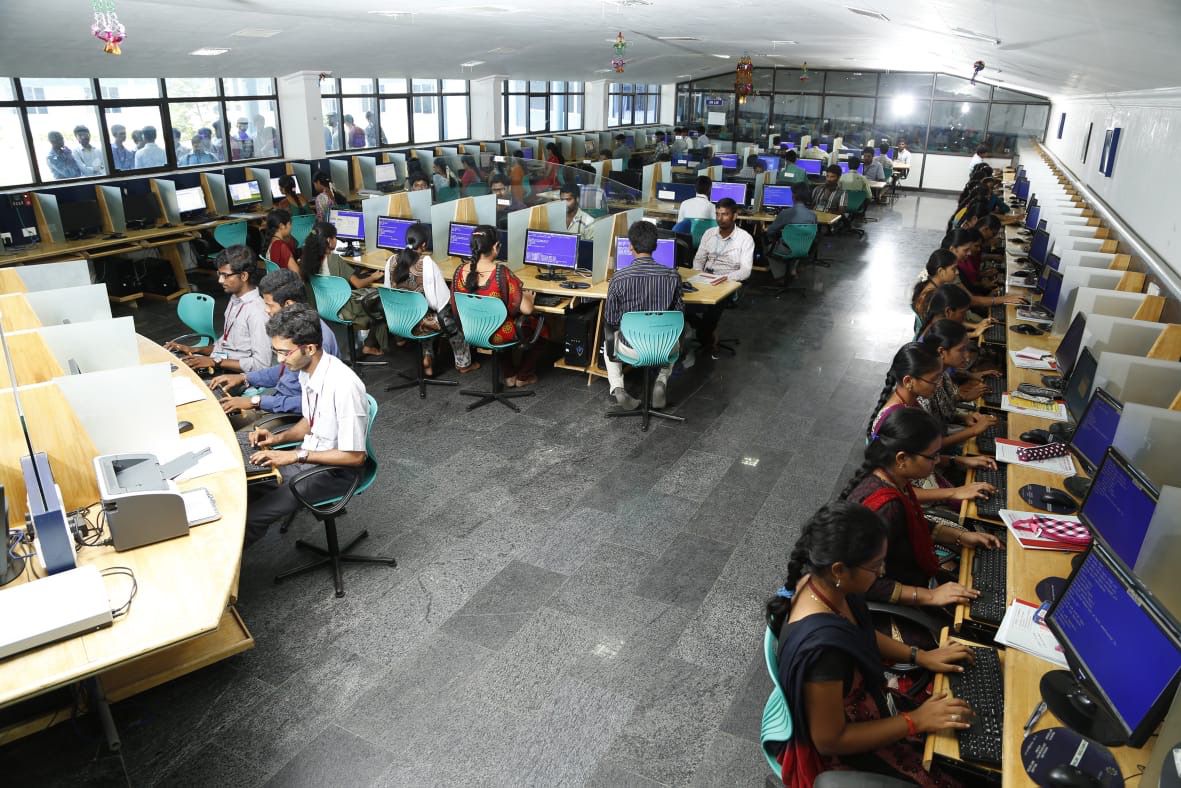
WORD PRESS WORKSHOP DETAILS
WordPress plugin architecture allows users to extend the features and functionality of a website or blog. As of December 2021, WordPress.org has 59,756 plugins available,[15] each of which offers custom functions and features enabling users to tailor their sites to their specific needs. However, this does not include the premium plugins that are available (approximately 1,500+), which may not be listed in the WordPress.org repository. These customizations range from search engine optimization (SEO), to client portals used to display private information to logged-in users, to content management systems, to content displaying features, such as the addition of widgets and navigation bars. Not all available plugins are always abreast with the upgrades, and as a result, they may not function properly or may not function at all. Most plugins are available through WordPress themselves, either via downloading them and installing the files manually via FTP or through the WordPress dashboard. However, many third parties offer plugins through their own websites, many of which are paid packages.
“This workshop is aimed at beginners and provides viewers a brief introduction to the WordPress open-source software. The workshop introduces WordPress, provides its brief history, and shares its features. It also provides an overview of how to install WordPress, provide a demo of features such as posts and pages, taxonomies, themes, plugins, custom post types, and custom fields.”
"WordPress is a factory that makes webpages"is a core analogy designed to clarify the functions of WordPress: it stores content and enables a user to create and publish webpages, requiring nothing beyond a domain and a hosting service. WordPress has a web template system using a template processor. Its architecture is a front controller, routing all requests for non-static URIs to a single PHP file which parses the URI and identifies the target page. This allows support for more human-readable permalinks.
Prior to version 3, WordPress supported one blog per installation, although multiple concurrent copies may be run from different directories if configured to use separate database tables. WordPress Multisites (previously referred to as WordPress Multi-User, WordPress MU, or WPMU) was a fork of WordPress created to allow multiple blogs to exist within one installation but is able to be administered by a centralized maintainer. WordPress MU makes it possible for those with websites to host their own blogging communities, as well as control and moderate all the blogs from a single dashboard. WordPress MS adds eight new data tables for each blog.
quia consequuntur magni dolores eos qui ratione voluptatem sequi nesciunt. Neque porro quisquam est, qui dolorem ipsum quia dolor sit amet, consectetur, adipisci velit, sed quia non numquam eius modi tempora incidunt ut labore et dolore magnam aliquam quaerat voluptatem.




Comments
Post A Comment